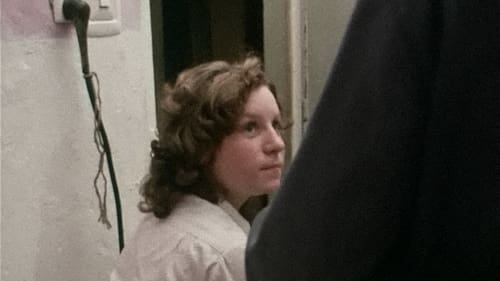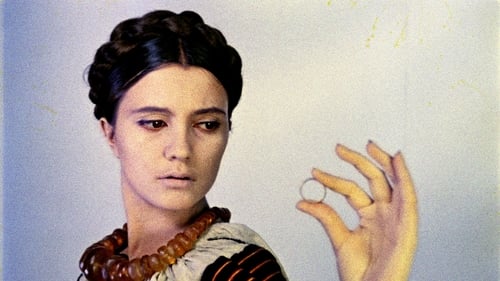Short and Suite (1959)
Жанр : мультфильм
Время выполнения : 5М
Директор : Norman McLaren, Evelyn Lambart
Краткое содержание
A color cocktail by Norman McLaren and Evelyn Lambart, translating into moving patterns of color and light the moods of music written for a jazz ensemble by Eldon Rathburn. Inscribed and colored directly on film.

A man sets a ping-pong ball into motion and it becomes fruitful and multiplies.

Roy Andersson's short movies focus on working class and youth daily life, capturing and portraying a small slice of his characters' day.

The first Wojciech J. Has (Saragossa manuscript) short film. Very simple and touching story about a boy who dreams about buying an accordion.

Clever and mildly entertaining short from Plympton shows us the point of view of a tree throughout its life. The film gives us various vignettes dealing mostly with sex and violence.

In this short film by Norman McLaren, dancers enact the Greek tragedy of Narcissus, the beautiful youth whose excessive self-love condemned him to a trapped existence. Skilfully merging film, dance and music, the film is a compendium of the techniques McLaren acquired over a lifetime of experimentation.

A student is visited in his university lodgings by his critical parents.

This remarkable companion piece to In the City of Sylvia offers a compendium of images recorded by Guerín in Strasbourg while searching for the traces of a (fictional?) brief encounter some years earlier with a young woman named Sylvia.

In 1912, Szczebieniew, a rich and ailing old man, comes to Italy with his young wife, Zinaida. Bored with his company, she looks for amusement and casual affairs.

After the doctor's refusal to perform abortion on a 17-year old girl, she and her boyfriend have to cope with the new situation. They both need to learn to take responsibility for their decisions, in spite of numerous hardships facing them.

Animation featuring dancing black and white shadows.

Norman McLaren attempts to give the opening speech for the first Montreal International Film Festival, but his microphone won't cooperate.

Rythmetic is a 1956 Canadian short animated film directed by Norman McLaren and Evelyn Lambart where numbers are the main characters.

После отснятия кинопроб дирекция киностудии приняла решение прекратить съёмки "в целом импрессионистского фильма, пронизанного идеей пацифизма". От картины состались лишь 15-минутные кинопробы, которые сохранились лишь благодаря хитрости оператора Александра Антипенко - он выдал их за свою дипломную работу. Пробы-этюды к фильму были показаны в рамках ретроспективы творчества Параджанова на Международном кинофестивале в Мюнхене в 1988 году, после чего мировая кинематографическая пресса признала их "новаторским открытием" и "блистательным опытом киноавангарда".

One day, Saturday October 5th, in a mans life.

Какой странный сон… Сквозь туман проступают очертания домов. Дома ютятся, прижавшись друг к другу, покачиваются на лёгкой волне, и начинает казаться, что весь этот городок — маленький островок, дрейфующий по пространству необъятного Океана…

An experiment in pure design by film artists Norman McLaren and Evelyn Lambart. Lines, ruled directly on film, move with precision and grace against a background of changing colors, in response to music specially composed for the films.

Animated photographs (made with Jan Lenica) with elements of animated cartoon. A display of military drill.

Colourful orphanage life.

Paper cutouts over images of mixed colorful liquids, creating hypnotizing swirls and aesthetic explosions, as well as combining original and futurological sounds. Starting with the relentless hunting of antelopes, the geometric cutouts show the constant struggle between the warring groups. We have been observing it since the primeval times, when the tools of the battles were arches and spears, through the times of the domination of swords, later replaced by firearms. The increasing automation and power of war machines, the emergence of tanks and aircraft, eventually the use of weapons of mass destruction lead to total annihilation

This three-part ballad, which often uses music to stand in for dialogue, remains the most perfect embodiment of Nemec’s vision of a film world independent of reality. Mounting a defense of timid, inhibited, clumsy, and unsuccessful individuals, the three protagonists are a complete antithesis of the industrious heroes of socialist aesthetics. Martyrs of Love cemented Nemec’s reputation as the kind of unrestrained nonconformist the Communist establishment considered the most dangerous to their ideology.







